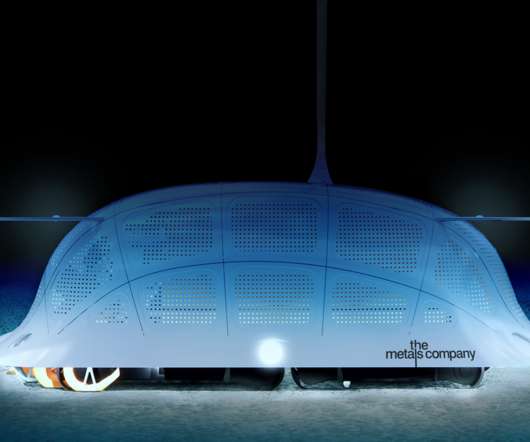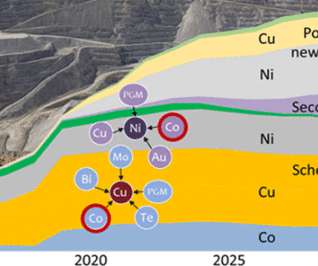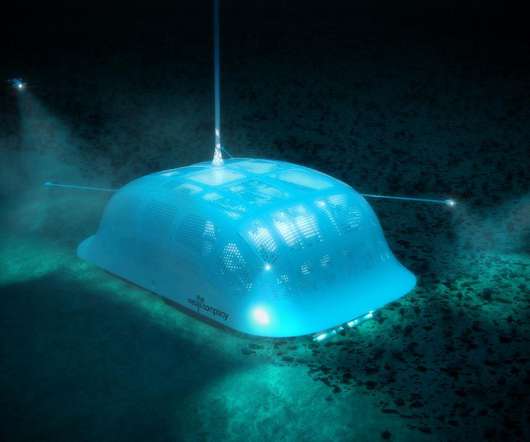Study finds large-scale ramp-up in biofuel crops could result in warming in some tropical regions, cooling in temperate and polar regions
Green Car Congress
MAY 8, 2013
Global land-use changes caused by a major ramp-up in biofuel crops—enough to meet about 10% of the world’s energy needs—could make some regions warmer, according to a new integrated modeling study by researchers from MIT and the Marine Biological Laboratory, Woods Hole.











Let's personalize your content